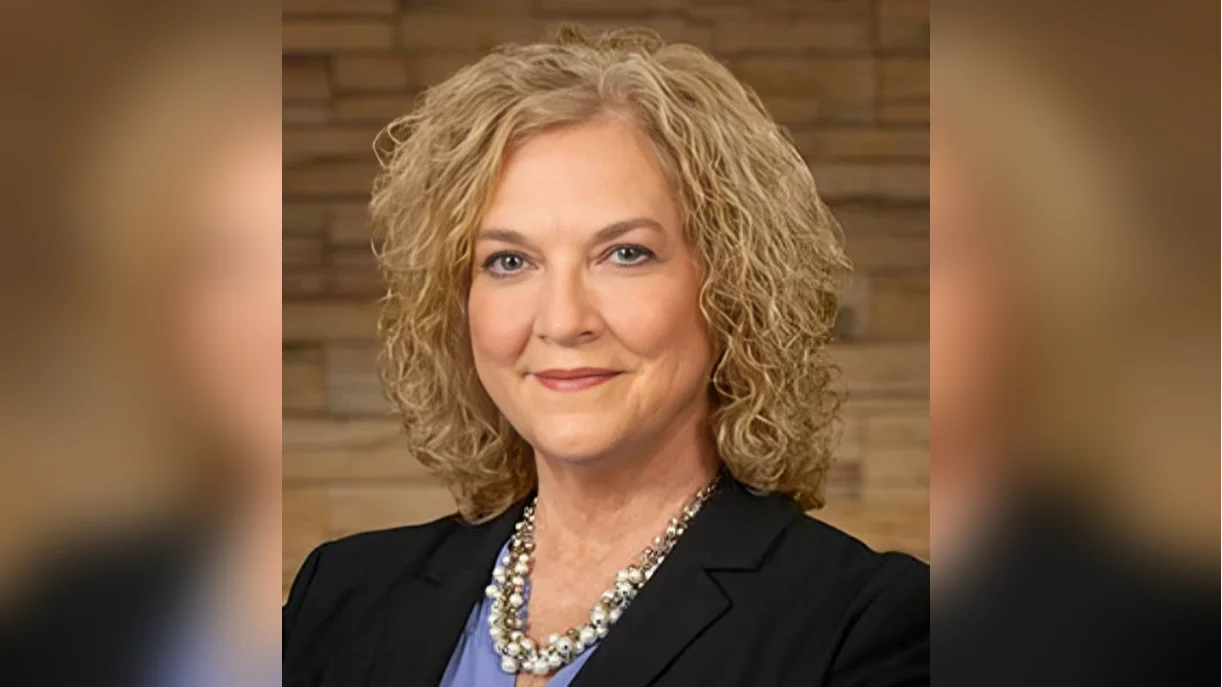OhioHealth Mansfield Hospital has achieved a significant milestone with its Structural Heart Program. The team completed its 500th left atrial appendage occlusion surgery last week. This non-invasive procedure is designed to prevent strokes in patients with Atrial Fibrillation (AFib). Since the program's inception in 2019, the hospital has performed numerous surgeries, which cardiologists believe have prevented many strokes and saved lives.
The left atrial appendage occlusion procedure can be completed in about an hour. Interventional cardiologists use a catheter to insert a mechanical device that closes off the left atrial appendage in AFib patients. Devices like the WATCHMAN and Amulet are commonly used for this purpose. By closing off this area, these devices help prevent blood clots from entering the bloodstream. Patients with AFib are at increased risk of stroke because blood can collect and form clots in the left atrial appendage. If these clots travel to the brain or other parts of the body, they can cause serious complications.
Not all AFib patients are suitable candidates for this procedure. Candidates typically have a medium to high risk of stroke and cannot tolerate blood thinners due to various reasons such as cost or bleeding risks. Dr. Yohannes Bayissa, medical director of Mansfield Hospital's Structural Heart Program, stated that "Right now, it's a mainstay treatment in the space of AFib for those with medium to high stroke risk and a history of intolerance to blood thinners.” He added that “The device is very safe procedure-wise. Major complications such as bleeding around the groin or heart are below 0.5%.”
Dr. Atish Mathur, an interventional cardiologist at Mansfield Hospital, highlighted another benefit: reduced mortality risk associated with major bleeding episodes from long-term use of blood thinners. “The biggest problem with blood thinners is that when patients are left on them, they’re at a significantly higher risk of major bleeding,” said Dr. Mathur.
Mansfield Hospital remains unique in Richland County and surrounding areas by offering this elective procedure locally without requiring patients to travel long distances for care typically available only at facilities equipped with Level III Catheterization Labs.
“We are here to provide state-of-art care for the patients in our community, locally,” said Dr. Mathur.

